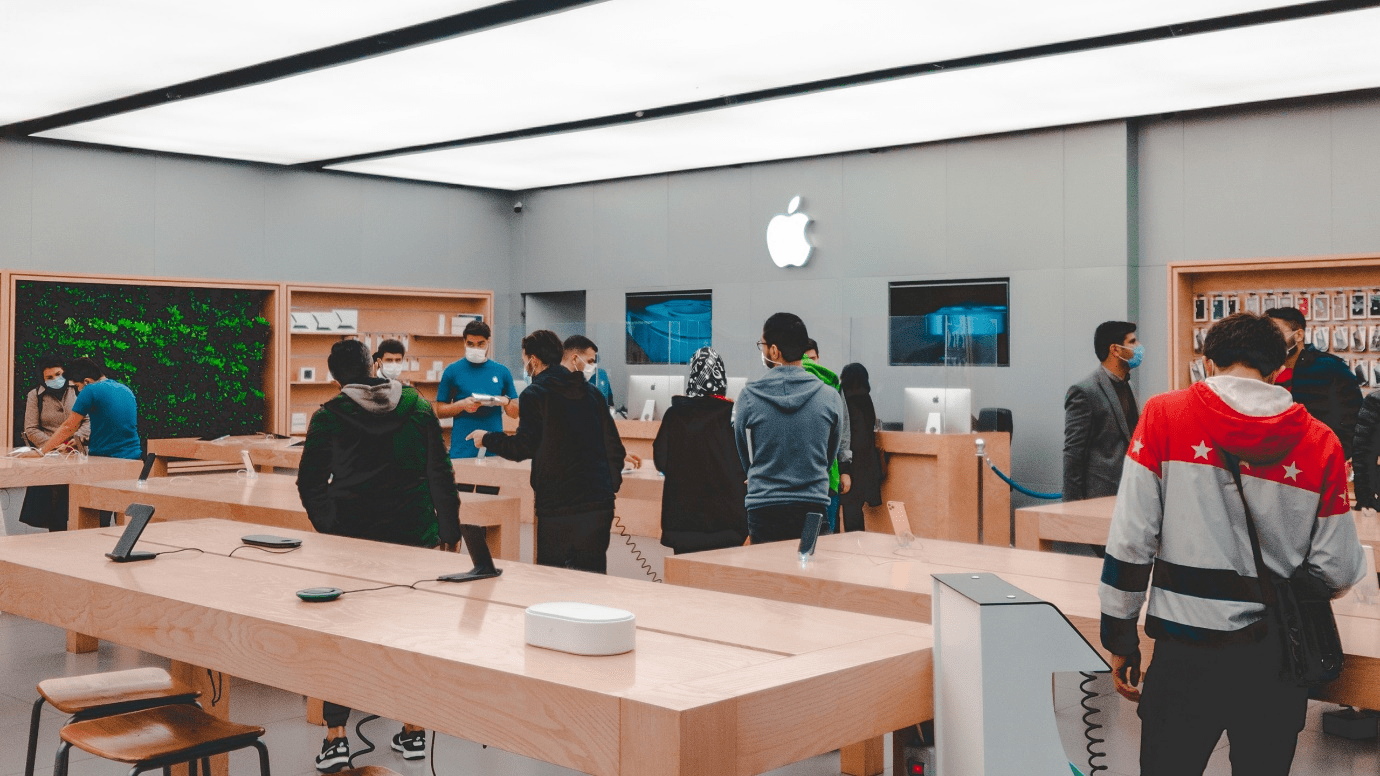
Why Skills-First Leadership Is Replacing the Ivy League Playbook in the C-Suite
The old prestige pyramid—where Ivy League degrees and blue-chip consulting backgrounds paved the way to the CEO seat—is cracking.

January 20, 2022: According to government data, Chinese domestic smartphone shipments recovered from the hit they took in the pandemic but have still not recovered to pre-Covid levels.
The smartphone industry is constrained by various factors, from the global semiconductor shortage to disruption from Covid outbreaks in China.
On Tuesday, Domestic smartphone shipments are totaling 342.8 million in 2021, up 15.9% year-on-year, according to data released by the China Academy of Information and Communications Technology (CAICT).
That was strong growth compared to 2020, which saw the market hit due to the coronavirus outbreak in China. Some parts of the country were locked down, effectively shutting down large economic functions.
Still, the 2021′s smartphone shipment figure is below the 371.7 million units shipped in 2019, before the pandemic began.
According to Neil Shah, the partner at Counterpoint Research, the smartphone industry faced several issues in 2021 that perhaps held the market back from reaching pre-pandemic levels.
Shah said the “supply chain shortage” was a big issue, which referred to the global semiconductor shortage, which has reached industries from autos to consumer electronics.
As part of its so-called “zero Covid” policy, China has been putting areas or cities into lockdown as it seeks to stem the spread of outbreaks throughout the year.
“Consumers hold devices longer, and the stop-start of the COVID waves is keeping the consumer spending and shopping patterns muted,” Shah said.
The CAICT did not release a breakdown of manufacturers’ market share.
Although, separate data released by market research firm Canalys on Tuesday showed worldwide smartphone shipments increased just 1% year by year in the fourth quarter of 2021, constrained by supply chain shortages and a resurgence in Covid cases near the globe.
Canalys said Apple retook the top spot as the world’s most significant smartphone player with a 22% market share, thanks to solid demand for the iPhone 13. South Korea’s Samsung followed with a 20% market share.

The old prestige pyramid—where Ivy League degrees and blue-chip consulting backgrounds paved the way to the CEO seat—is cracking.

Loud leaders once ruled the boardroom. Charisma was currency. Big talk drove big valuations.

But the CEOs who make history in downturns aren’t the ones with the deepest cuts

Companies invest millions in leadership development, yet many of their best executives leave within a few years. Why?

The most successful business leaders don’t just identify gaps in the market; they anticipate future needs before anyone else.

With technological advancements, shifting consumer expectations, and global interconnectedness, the role of business leaders

Following a distinguished Law Enforcement career Joe McGee founded The Securitatem Group to provide contemporary global operational specialist security and specialist security training products and services for private clients, corporate organisations, and Government bodies. They deliver a wide range of services, including complete end-to-end protection packages, close protection, residential security, protection drivers, and online and physical installations. They provide covert and overt investigations and specialist surveillance services with a Broad range of weapons and tactical-based training, including conflict management, risk and threat management, tactical training, tactical medicine, and command and control training.

Jay Wright, CEO and Co-Owner of Virgin Wines infectious energy, enthusiasm, passion and drive has been instrumental in creating an environment that encourages talent to thrive and a culture that puts the customer at the very heart of every decision-making process.

Fabio de Concilio is the visionary CEO & Chairman of the Board at Farmacosmo, a leading organization dedicated to mental health and community support services. With a deep commitment to identifying and meeting customer needs, Fabio ensures that high standards are maintained across the board.

Character Determines Destiny – so said Aristotle. And David CM Carter believes that more than anything else. For David, it has been numerous years of research into codifying Entelechy Academy’s 54 character qualities that underpin everything he stands for as a leader and teacher.


Leave us a message
Subscribe
Fill the form our team will contact you
Advertise with us
Fill the form our team will contact you